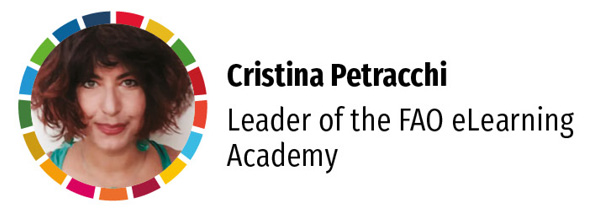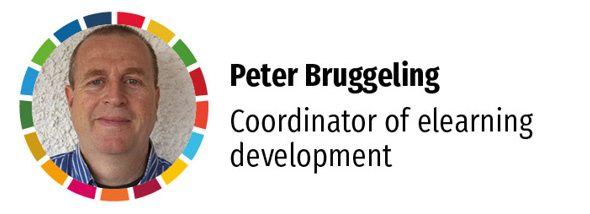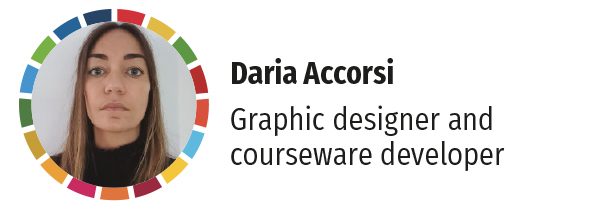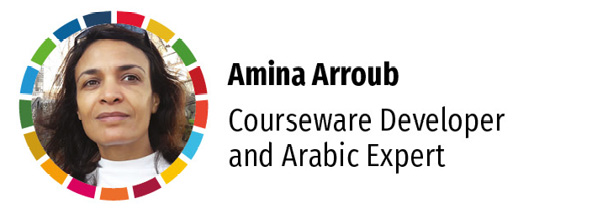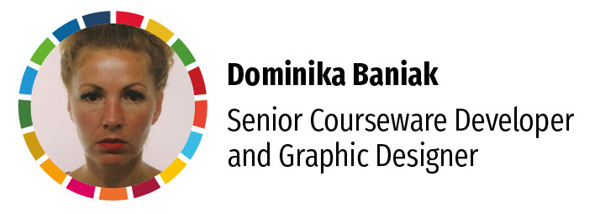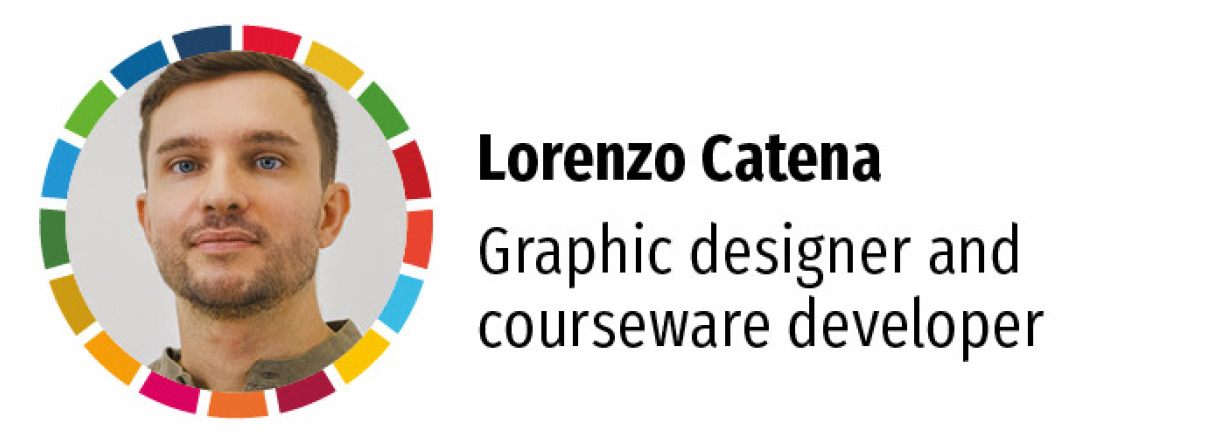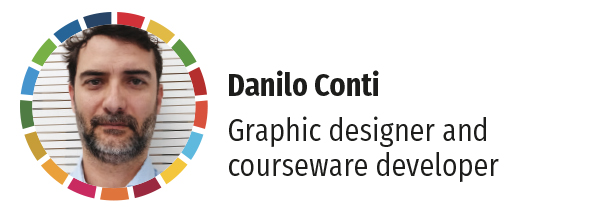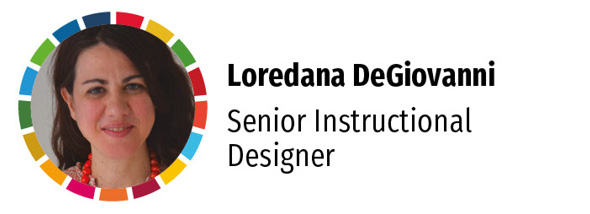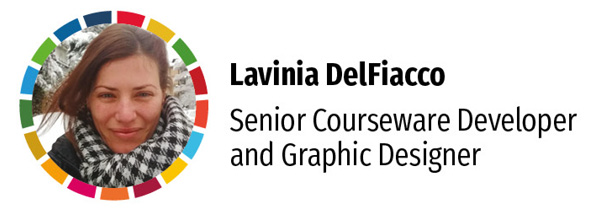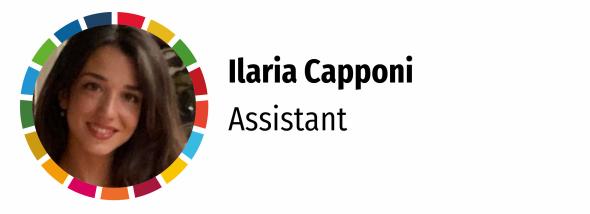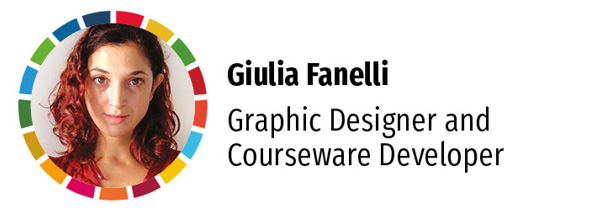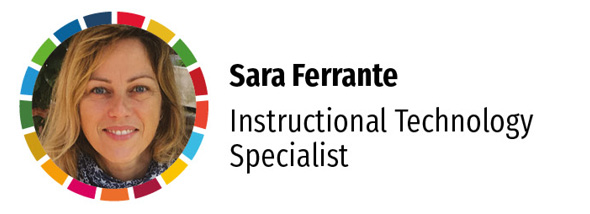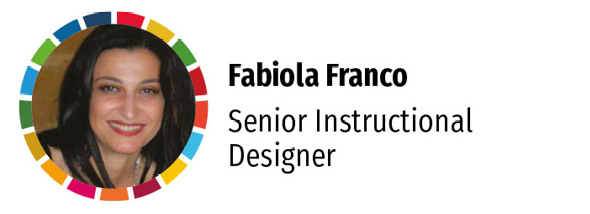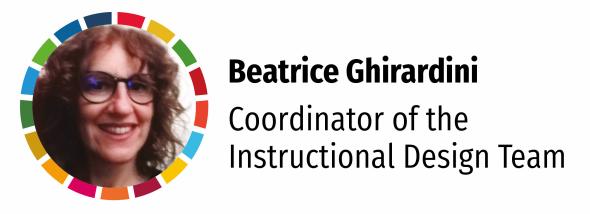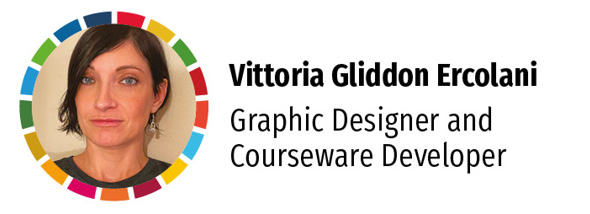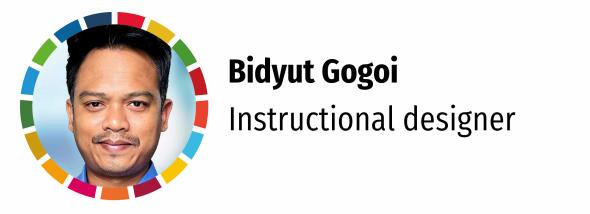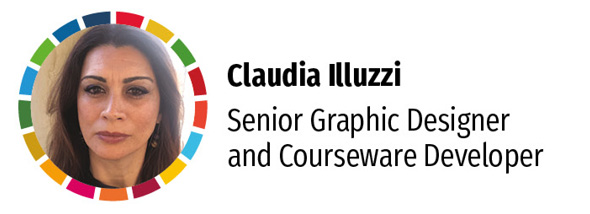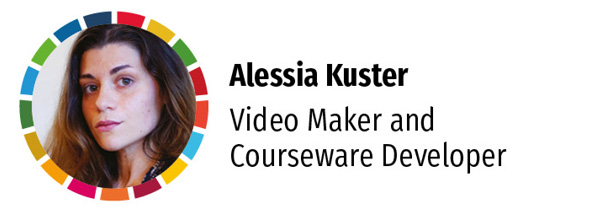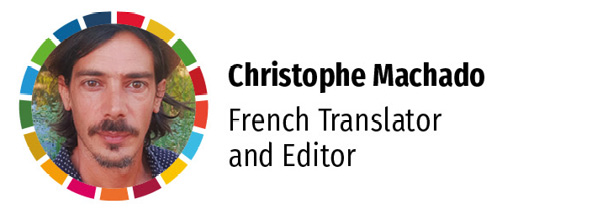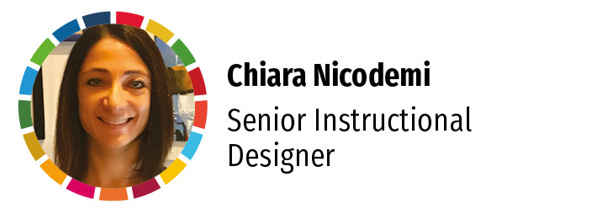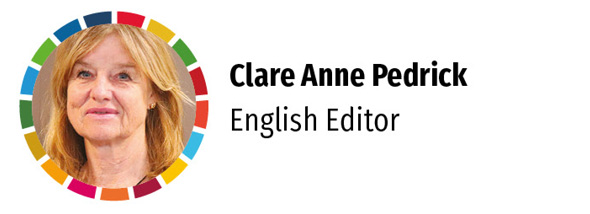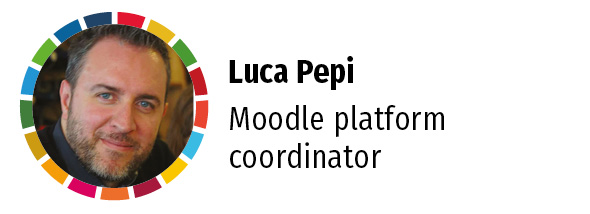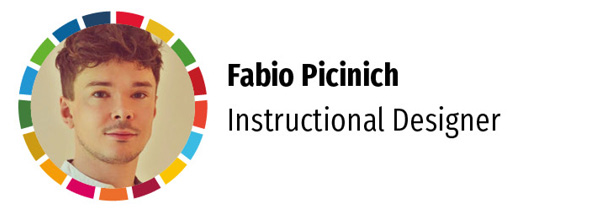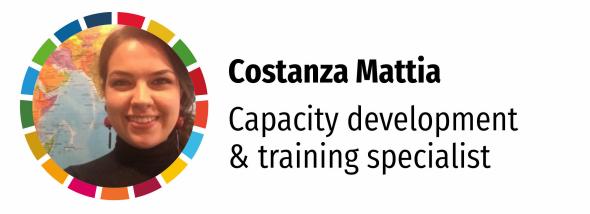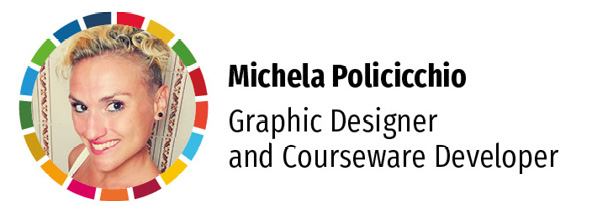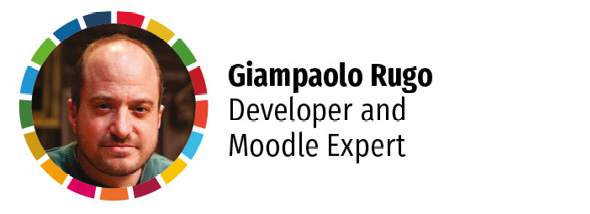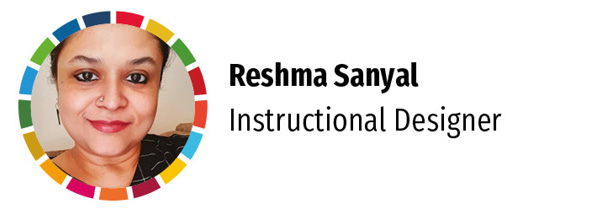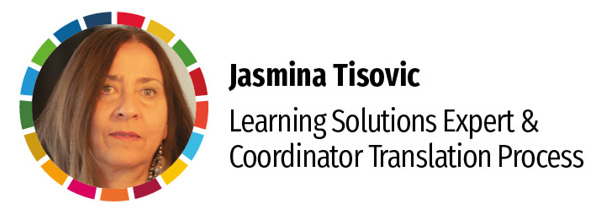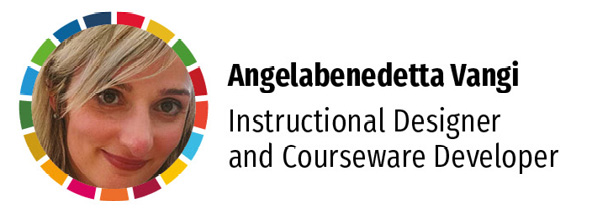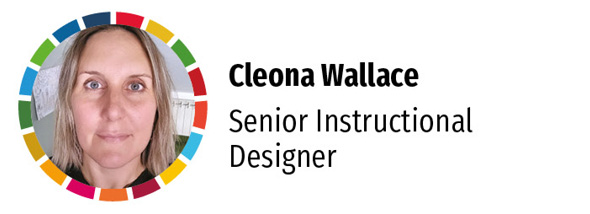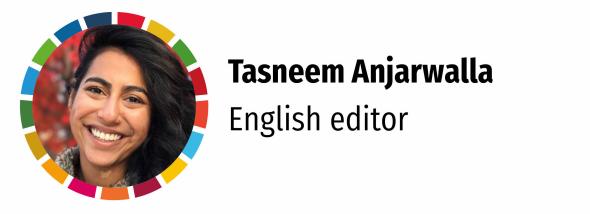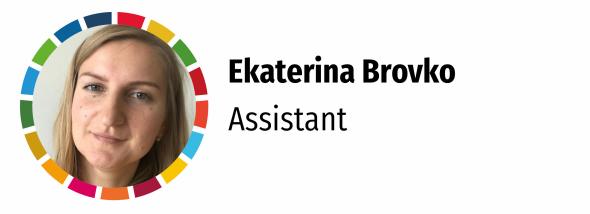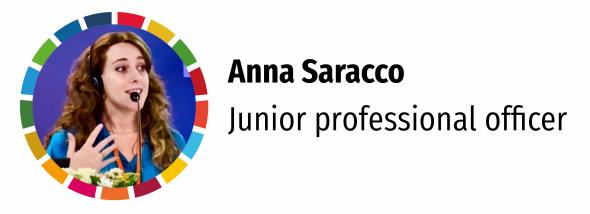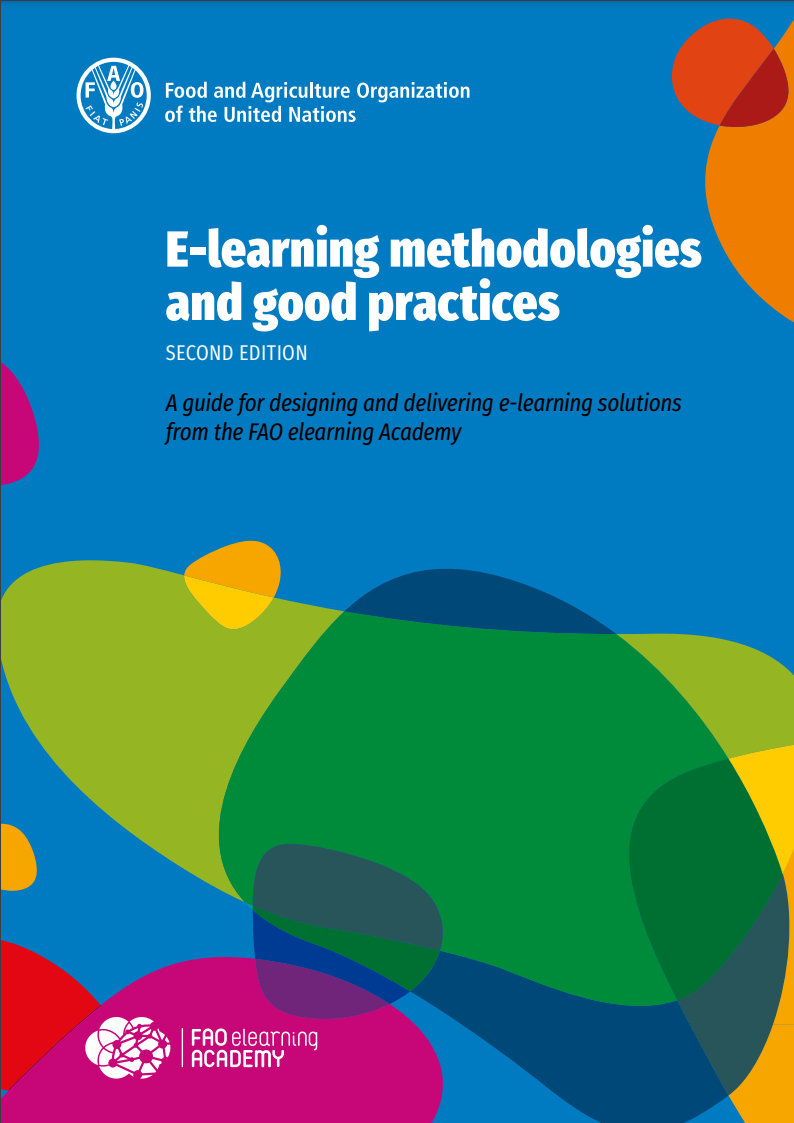The FAO elearning Academy provides learning opportunities and multilingual elearning courses for professionals working in food and nutrition security, social and economic development, and sustainable management of natural resources, with the overall goal of strengthening the capacity of member countries to achieve the 2030 Agenda for Sustainable Development.
The FAO elearning Academy offers free access to content on a variety of topics of global interest, which is available in a range of formats, including elearning courses for self-paced learning, blended learning programmes, massive open online courses (MOOCs), technical webinars, online tutored courses, mobile learning, face-to-face training workshops and university master’s and postgraduate degree programmes.
The overall goal of the FAO elearning Academy is to contribute to the sustainable economic and social advancement of member countries. To do this, it focuses on the transfer of competencies, development of expertise and promotion of innovation in order to strengthen human resources and institutions.
The FAO elearning Academy capacity development initiatives and elearning courses promote sustainability by ensuring that new competencies are embedded in local institutions and are tailored to country-specific needs. On top of that, it seeks to enable and empower member countries to be better equipped to face the global challenges humanity is confronted with.
Alignment with the Sustainable
Development Goals
Our courses are closely aligned with the Sustainable Development Goals and FAO strategic programmes, and are peer reviewed by a wide range of experts to ensure content accuracy, quality and coherence.
The FAO elearning courses are offered free of charge as a global public good, and directly support all the SDGs – in particular, SDG 4: “Ensure inclusive and equitable quality education and promote lifelong learning opportunities for all.”
Pedagogical models and delivery mechanisms
The FAO elearning Academy supports member countries through capacity development interventions and elearning courses, to ensure the transfer of know-how, knowledge, skills and competencies using different methodologies: elearning, blended learning programmes, MOOCs, technical webinars, online tutored courses, mobile learning, face-to-face training workshops and university master’s and postgraduate degree programmes.
The FAO elearning Academy learning initiatives, interventions and elearning courses are free of charge.
FAO elearning Academy
E-learning methodologies and good practices
A guide for designing and delivering e-learning solutions from the FAO elearning Academy
Our learners - our target audiences
The FAO elearning Academy capacity development activities, initiatives and elearning courses are targeted at policymakers, government officials and technical staff, policy formulators, programme and project designers and – in particular – individuals working to support and implement the SDG Agenda 2030.
The overall objective of the Academy is to support member countries’ national policy environment, legal frameworks and decision-making processes.
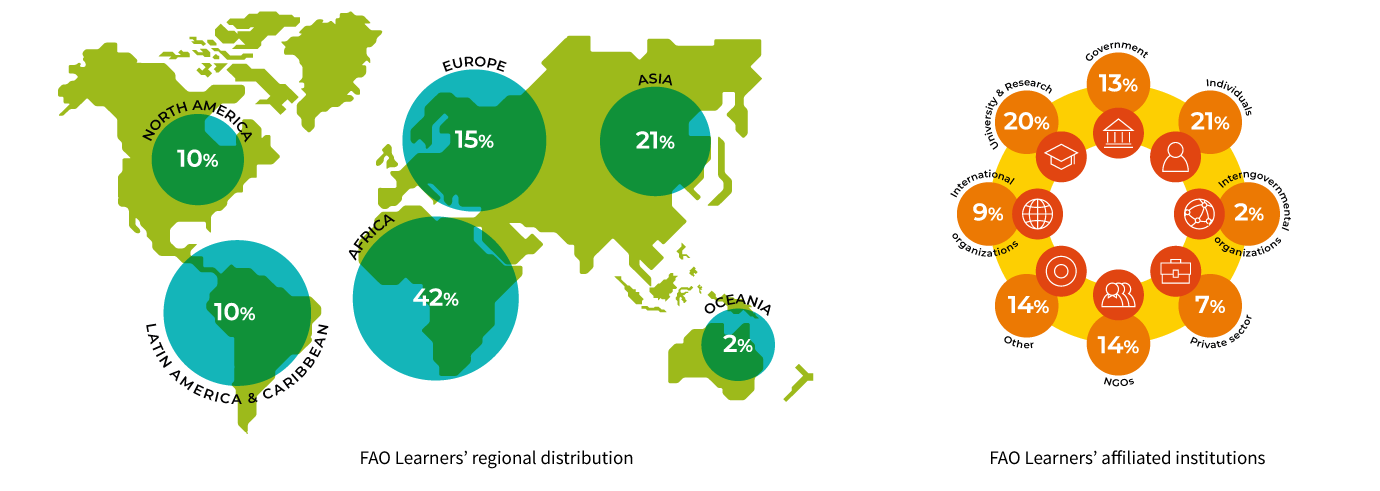
Collaboration with a wide range of partners
FAO elearning Academy involves partners in all phases of a learning project.
The Academy capacity development activities and initiatives are designed, developed, delivered and adapted to different language environments. They are disseminated in collaboration with a wide range of partners (listed in the Partners section).
- Design comprehensive
curricula
The design of any learning initiative begins with multi-stakeholder and multi-disciplinary learning needs assessments. These assessments are conducted in close collaboration with the target audience groups and a number of external partners (mentioned in the Partners section). This process leads to:
- Design of comprehensive curricula
- Improved creation of pedagogical models and methodologies
- Targeted capacity development interventions
- Incorporation of local, regional and global perspectives
- Content development
The courses content is developed with the support of subject experts from partner organizations, University professors and FAO technical units. - Content
adaptations to various language environments
In addition, the language versions of the courses and adaptations to the language environments are also undertaken in collaboration with partner institutions, with expertise in the thematic area covered, ensuring that the latest findings, methodologies and resources are included. The Content, images, case studies, scenarios, photographs, bibliographical references and examples are adapted to the language environment. - Dissemination, uptake and impact
In addition to universities and university consortia, academic and research institutions, the FAO elearning Academy shares its capacity development materials and FAO elearning courses with other organizations, including United Nations agencies, development agencies, international and intergovernmental organizations, private sector, academic and research institutions, CSOs and NGOs, to support their capacity development efforts.
The FAO elearning Academy has created a number of university master’s and postgraduate degree programmes with numerous academic partners The FAO elearning courses and educational resources are integrated into the formal university programmes.
The FAO elearning Academy partner institutions share similar goals, which are: 1) the promotion of innovation; 2) multilingualism; 3) capacity development and accessible education; and 4) aiming to offer the most current and cutting-edge content that integrates new ideas and new technologies.
Together with our partner organizations, the FAO elearning Academy seeks to promote collaboration in gender and culturally sensitive capacity development programmes, which are by nature interdisciplinary and international.
FAO elearning Academy Team
The FAO elearning team is composed of high level professionals, committed, dedicated and extremely reliable, who make the success of the FAO elearning Academy.
